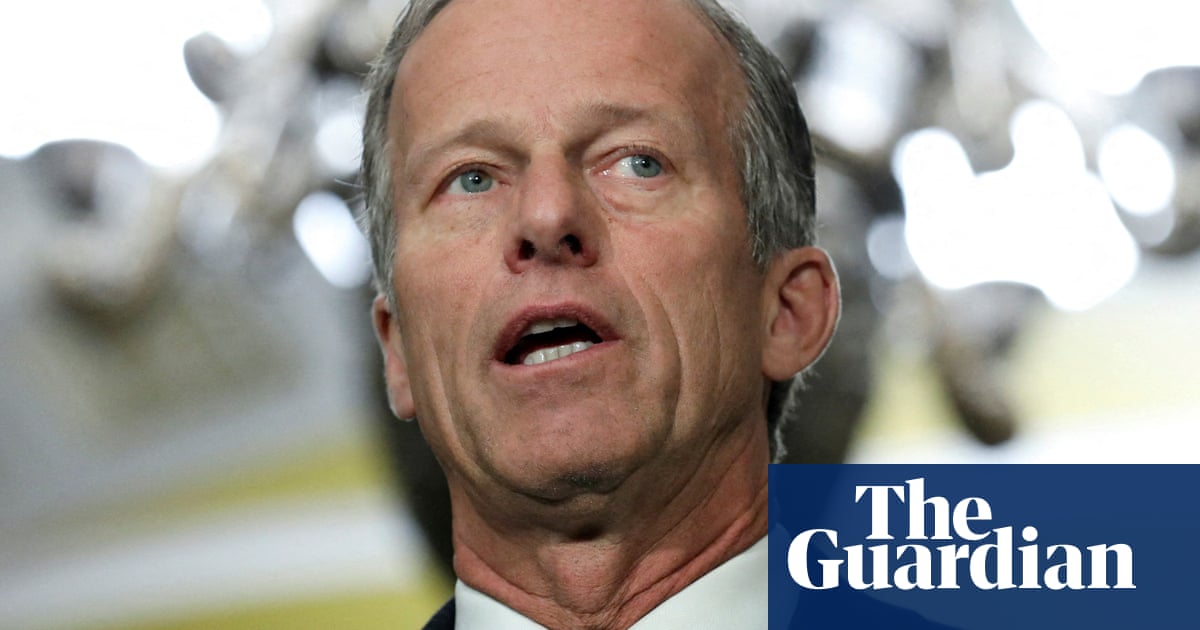Donald Trump’s tariff policy was derailed by a libertarian public interest law firm that has received money from some of his richest backers.
The Liberty Justice Center filed a lawsuit against the US president’s “reciprocal” tariffs on behalf of five small businesses, which it said were harmed by the policy.
The center, based in Austin, Texas, describes itself as a libertarian non-profit litigation firm “that seeks to protect economic liberty, private property rights, free speech, and other fundamental rights”.
Previous backers of the firm include billionaires Robert Mercer and Richard Uihlein, who were also financial backers of Trump’s presidential campaigns.
Mercer, a hedge fund manager, was a key backer of Breitbart News and Cambridge Analytica, pouring millions into both companies. He personally directed Cambridge Analytica to focus on the Leave campaign during the UK’s Brexit referendum in 2016 that led to the UK leaving the European Union.
For its lawsuit against Trump’s tariffs, the Liberty Justice Center gathered five small businesses, including a wine company and a fish gear and apparel retailer, and argued that Trump overreached his executive authority and needed Congress’s approval to pass such broad tariffs.
The other group who sued the Trump administration over its tariffs was a coalition of 12 Democratic state attorney generals who argued that Trump improperly used a trade law, the International Emergency Economic Powers Act (IEEPA), when enacting his tariffs.
In such a polarized time in US history, it may feel odd to see a decision celebrated by liberal and conservatives. But Trump’s tariffs have proven controversial to members of both parties, particularly after Wall Street seemed to be put on edge by the president’s trade war.
The US stock market dipped down at least 5% after Trump announced the harshest of his tariff policies. Recovery was quick after Trump paused many of his harshest tariffs until the end of the summer.
Stocks started to rally on Thursday morning after the panel’s ruling. The judges said that the law Trump cited when enacting his tariffs, the IEEPA does not “delegate an unbounded tariff authority onto the president”.
after newsletter promotion
While the ruling does not impact specific tariffs on industries such as aluminum and steel, it prevents the White House from carrying out broad retaliatory tariffs and its 10% baseline “reciprocal” tariff. The White House is appealing the ruling, which means the case could go up to the US supreme court, should the high court decide to take on the case.
Members of both groups who sued the Trump administration celebrated the ruling. Jeffrey Schwab, senior counsel for the Liberty Justice Center, said in a statement that it “affirms that the president must act within the bounds of the law, and it protects American businesses and consumers from the destabilizing effects of volatile, unilaterally imposed tariffs”. Oregon’s Democratic attorney general, Dan Rayfield, who helped the states’ lawsuit, said that it “reaffirms that our laws matter”.
In a statement, Victor Schwartz, the founder of VOS Selections, a wine company that was represented by the Liberty Justice Center in the suit, said that the ruling is a “win” for his business.
“This is a win for my small business along with small businesses across America – and the world for that matter,” he said. “We are aware of the appeal already filed and we firmly believe in our lawsuit and will see it all the way through the United States Supreme Court.”

 German (DE)
German (DE)  English (US)
English (US)  Spanish (ES)
Spanish (ES)  French (FR)
French (FR)  Hindi (IN)
Hindi (IN)  Italian (IT)
Italian (IT)  Russian (RU)
Russian (RU)  4 weeks ago
4 weeks ago
























Comments